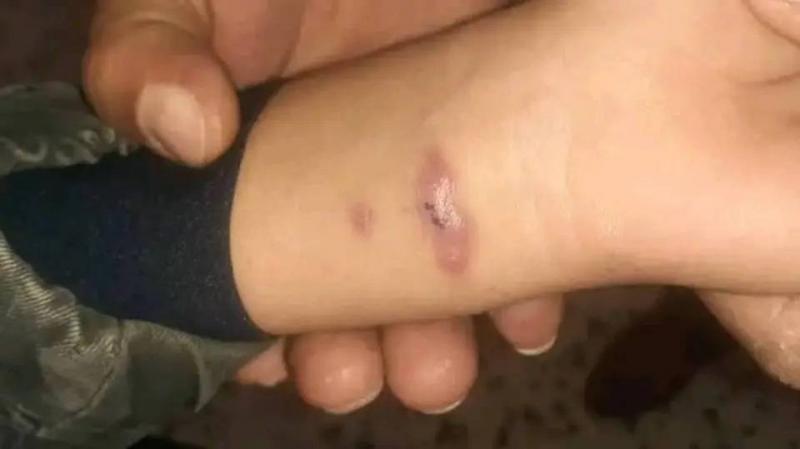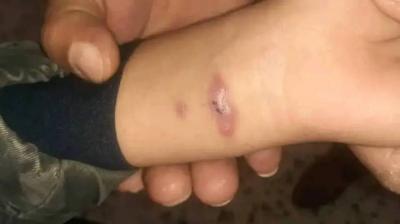Libyan health authorities have reported that several children in the town of Esbi'a, located south of the capital Tripoli, have contracted leishmaniasis after being bitten by the insects that carry it. There are growing concerns about the spread of this skin disease to new cities, particularly due to a lack of necessary healthcare.
The municipal council of Esbi'a stated in a communiqué that cases of leishmaniasis have been detected among school students in the Al-Hira area. They noted that spraying campaigns have been initiated in all areas and locations where the insects that transmit the disease are found, while awaiting access to the source of the infecting insect, in an effort to combat its spread and reduce the number of infected persons.
Additionally, local residents have warned about the proliferation of the disease-carrying insect everywhere, urging all responsible entities to take the necessary measures to confront this skin disease and prevent its spread, especially among children.
Leishmaniasis is a chronic skin disease with a healing period ranging from 6 months to a year. It primarily affects the skin and rarely attacks the internal organs of the body. It is caused by a single-celled parasite that lives within a sand fly, which transmits it from person to person or from animal to human, and it typically appears at the beginning of winter.
This is not the first time leishmaniasis has appeared in Libya, which is considered a conducive environment for the disease. It was reported three years ago in the cities of Tawergha, Misrata, and several other areas, affecting thousands of children.




